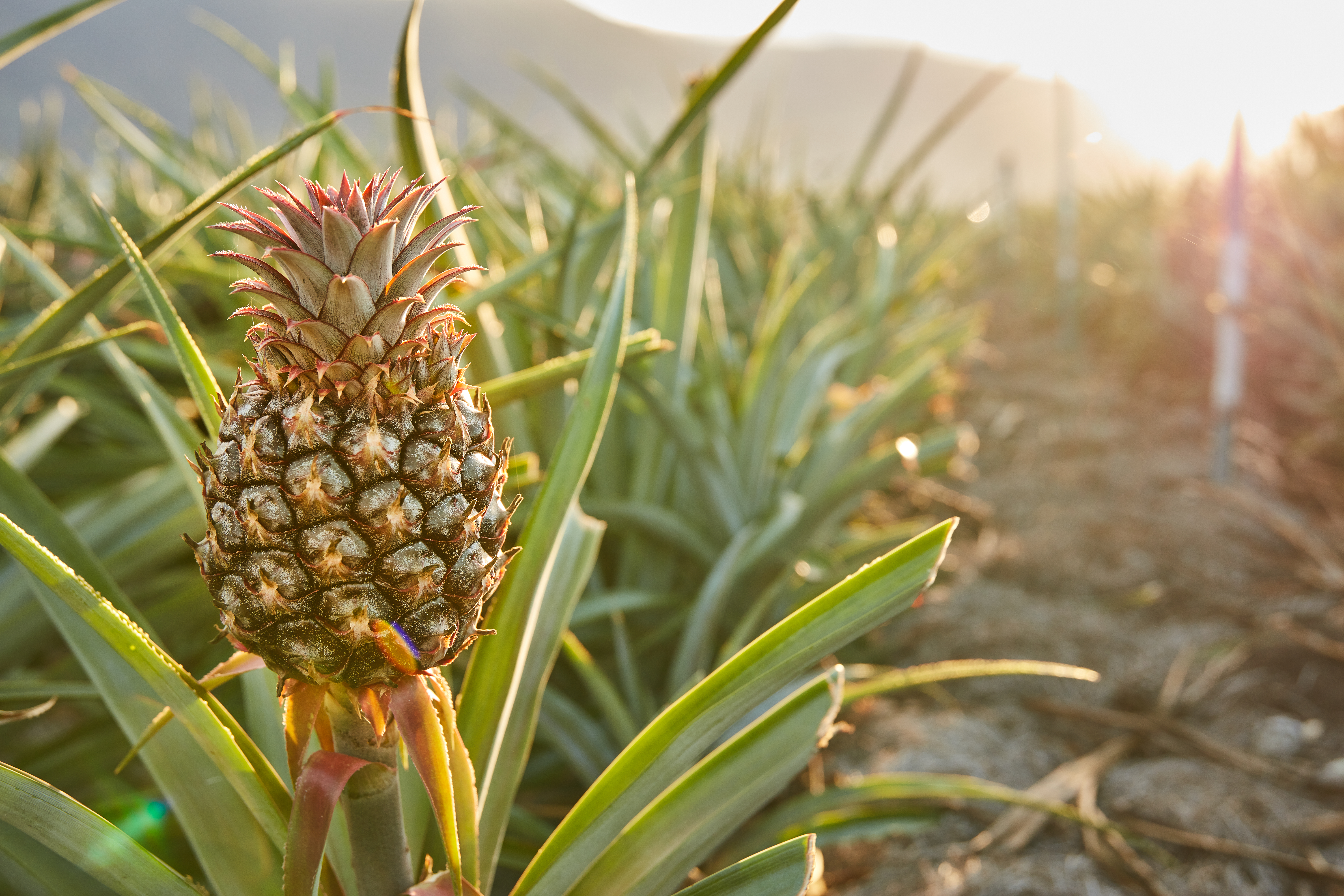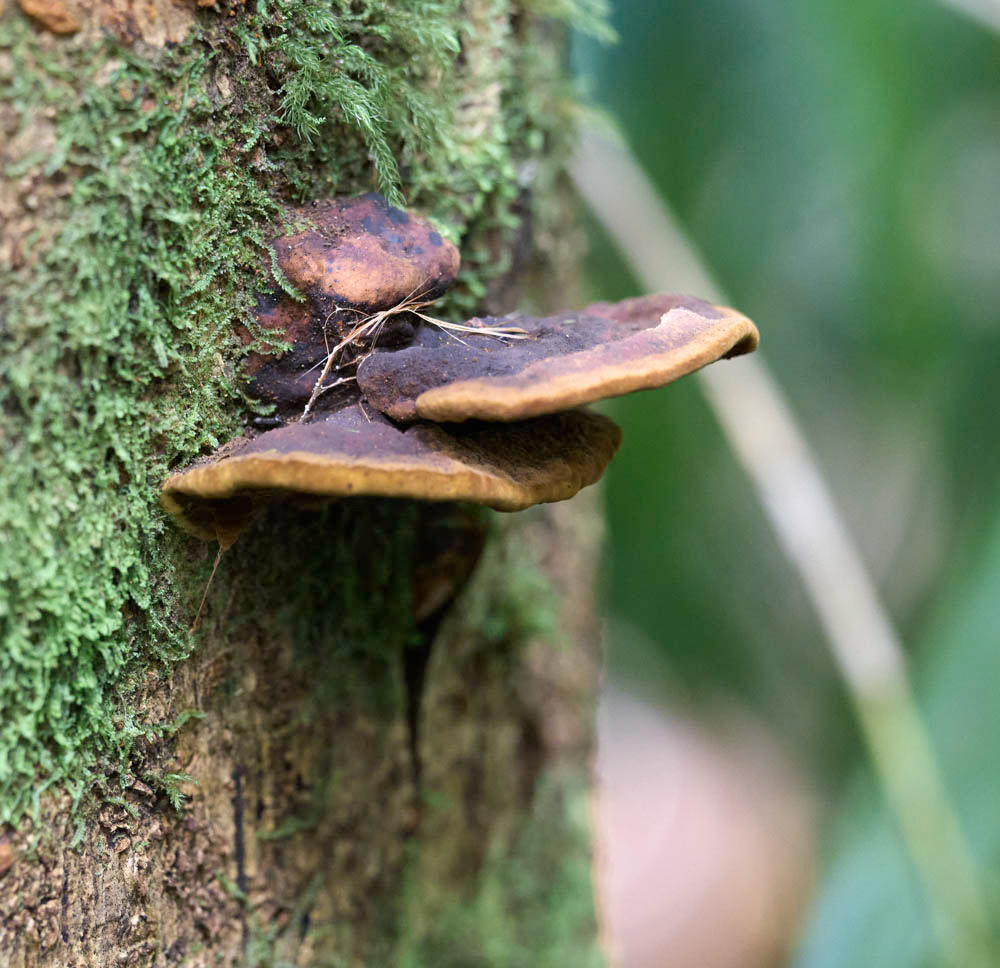Tropical agriculture beckons with its lush landscapes, intricate ecosystems, and agricultural diversity that sustainably supports both local communities and global food supplies. In this comprehensive guide, we delve deep into the captivating world of tropical agriculture – an amalgamation of biodiversity, innovation, sustainability, and its unique manifestation in Hawaii. From the fundamental principles to cutting-edge research opportunities, we explore the intricate tapestry that is tropical agriculture.
Understanding Tropical Agriculture
Tropical agriculture, the practice of cultivating crops and rearing livestock within the tropical belt, is influenced by the geographical region between the Tropic of Cancer and the Tropic of Capricorn. The defining characteristics of tropical zones are their high temperatures and ample rainfall, creating an environment that fosters the growth of diverse crops. This zone covers approximately 40% of the Earth’s surface and is home to a significant portion of the global population.
Bountiful Crops
One of the hallmarks of tropical agriculture is its exceptional crop diversity. Tropical regions boast an array of fruits, vegetables, and staple crops that not only contribute to local diets but also play a critical role in global food security. The vibrant palette of exotic fruits like mangoes, pineapples, papayas, and passion fruits tempts the palate with their sweetness and succulence. Alongside these tropical delicacies, essential crops like rice, maize, cassava, and sweet potatoes sustain populations, showcasing the robustness of tropical agriculture’s contributions to human sustenance.
Navigating Challenges through Innovation
Despite its promise, tropical agriculture faces challenges unique to its climatic conditions. High temperatures, humidity, and abundant rainfall create an ideal breeding ground for pests and diseases, threatening crop yields. Heavy rainfall, characteristic of these regions, can lead to soil erosion and nutrient leaching, undermining the productivity of farmlands.
In response to these challenges, innovative agricultural practices have emerged. Integrated pest management strategies combine biological controls, such as beneficial insects, with judicious use of pesticides to minimize environmental impact. Conservation tillage and agroforestry techniques mitigate soil erosion by preserving soil structure and fostering the growth of vegetation cover. These innovations not only enhance sustainability but also pave the way for more resilient farming systems.
Tropical agriculture’s evolution is deeply entwined with the global push towards sustainability. As concerns about climate change and environmental degradation intensify, the importance of sustainable practices becomes even more pronounced.
Agroecology: An Eco-Friendly Approach
Agroecology, a science that merges ecological principles with agricultural practices, emerges as a beacon of hope for sustainable tropical agriculture. This holistic approach emphasizes the intricate relationships between organisms and their environment, aiming to optimize natural processes for long-term productivity. By diversifying crops, minimizing chemical inputs, and enhancing natural ecosystem services, agroecology seeks to create resilient farming systems that can adapt to the challenges of a changing climate.
Empowering Communities and Farmers
Tropical agriculture extends beyond mere crop cultivation; it is intertwined with the livelihoods and cultures of communities residing in these regions. Generations of farmers have developed an intimate understanding of local ecosystems and agricultural practices, passed down through the ages.
Knowledge Exchange and Capacity Building
To harness the full potential of tropical agriculture, knowledge sharing and capacity-building initiatives are essential. These programs equip farmers with the latest agricultural techniques, from sustainable pest management to efficient irrigation methods. Collaboration between researchers, policymakers, and local communities fosters the development of context-specific solutions that respect tradition while embracing innovation.
Exploring Research Horizons
The realm of tropical agriculture presents a dynamic and fertile ground for cutting-edge research that holds the potential to shape the future of farming practices, ecological conservation, and global food security. This section delves into the exciting opportunities and diverse avenues that researchers from various disciplines are exploring within the realm of tropical agriculture.
Developing Climate-Resilient Crops
A pivotal focus area is the development of climate-resilient crop varieties. Scientists endeavor to create crops that can withstand changing climate conditions, ensuring food security in the face of uncertainty. By incorporating traits like drought resistance, heat tolerance, and disease resistance, researchers aim to equip farmers with tools to combat the challenges posed by a changing environment.
Harnessing Precision Agriculture Technologies
The fusion of technology and agriculture has led to the emergence of precision farming techniques, redefining resource management. Remote sensing technologies, geographic information systems (GIS), and advanced data analytics enable farmers to monitor crop health, assess soil conditions, and tailor irrigation and fertilization practices with pinpoint accuracy. By optimizing resource allocation, these technologies contribute to increased productivity while minimizing waste and environmental impact.
Cross Disciplinary Collaboration
Tropical agriculture’s challenges are multifaceted, transcending the boundaries of individual disciplines. Researchers are increasingly collaborating across fields such as agronomy, ecology, genetics, and climate science to provide comprehensive solutions. This collaborative approach ensures a more nuanced understanding of the intricate dynamics within tropical ecosystems and allows for the development of well-rounded strategies that address both ecological and agricultural needs.
Research Centers
Across tropical regions, research institutions and centers are dedicated to unraveling the mysteries of tropical agriculture. These hubs facilitate knowledge exchange, experimentation, and the dissemination of best practices to local farmers. They play a pivotal role in bridging the gap between scientific advancements and on-ground implementation, ensuring that research outcomes lead to tangible benefits for agricultural communities.
Ecosystem Services and Biodiversity
The role of biodiversity in tropical ecosystems is another critical research avenue. Studying how different plant species contribute to soil health, pest control, and pollination provides insights into fostering sustainable agricultural practices. Biodiversity not only supports ecological balance but also enhances the resilience of agricultural systems.
Tropical Agriculture in Hawaii
A spotlight on Hawaii’s tropical agriculture unveils a unique and diverse landscape. Blessed with volcanic soil, abundant sunlight, and generous rainfall, Hawaii boasts an agricultural haven. Coffee, macadamia nuts, and a variety of tropical fruits flourish in this paradise.
Cultural Significance and Rich Crops
Hawaii’s agricultural narrative is interwoven with cultural significance. The once-iconic pineapple was a symbol of the state’s agricultural prowess, while taro, a traditional Polynesian staple, holds deep cultural roots and is transformed into poi, a beloved Hawaiian dish. Hawaii’s diverse microclimates facilitate the cultivation of an array of crops, solidifying its status as a tropical agriculture hub.
Balancing Tradition and Innovation
While embracing innovation is crucial, honoring and preserving the cultural heritage embedded in tropical agricultural practices is equally vital. The integration of traditional wisdom with modern advancements holds the promise of cultivating holistic and sustainable farming systems that benefit both the environment and local communities.
Concluding Thoughts
Tropical agriculture is a captivating symphony of nature, culture, and innovation. From the intricate dance with climatic conditions to the pioneering research shaping its future, tropical agriculture stands as a testament to human ingenuity and adaptability. Research opportunities abound, offering a path towards harmonizing productivity and sustainability in a rapidly changing world.







